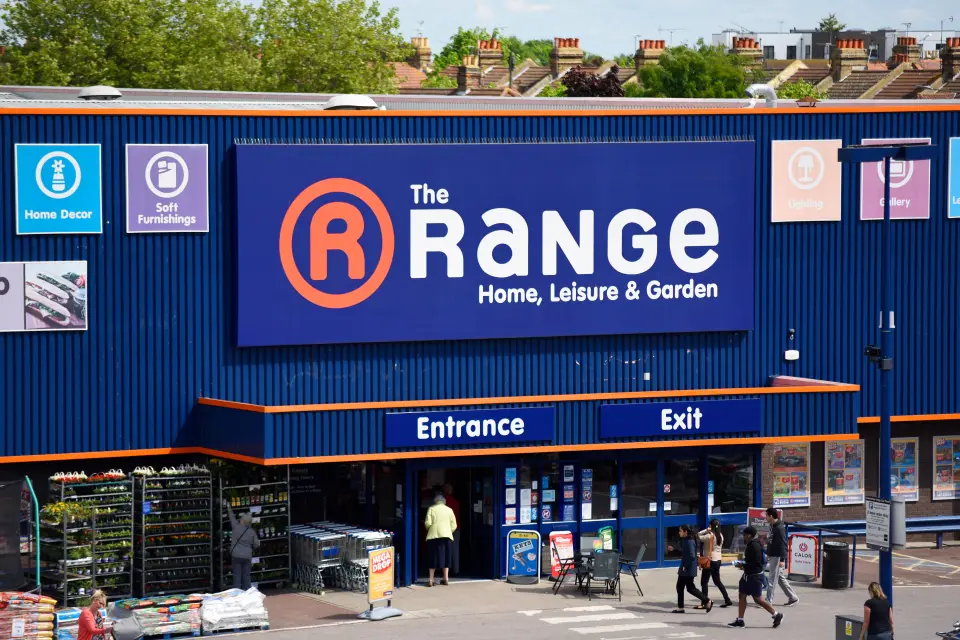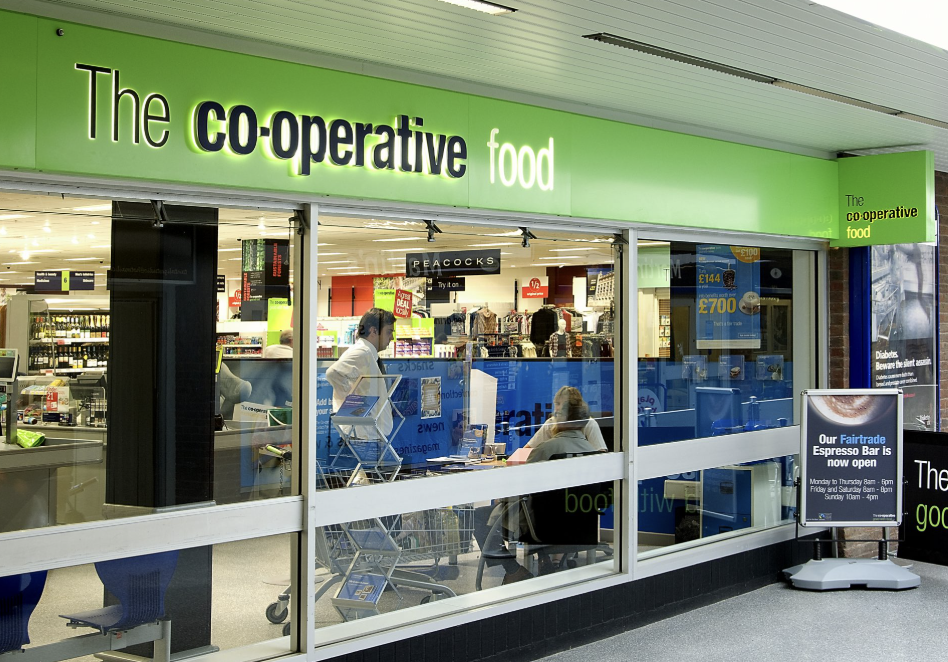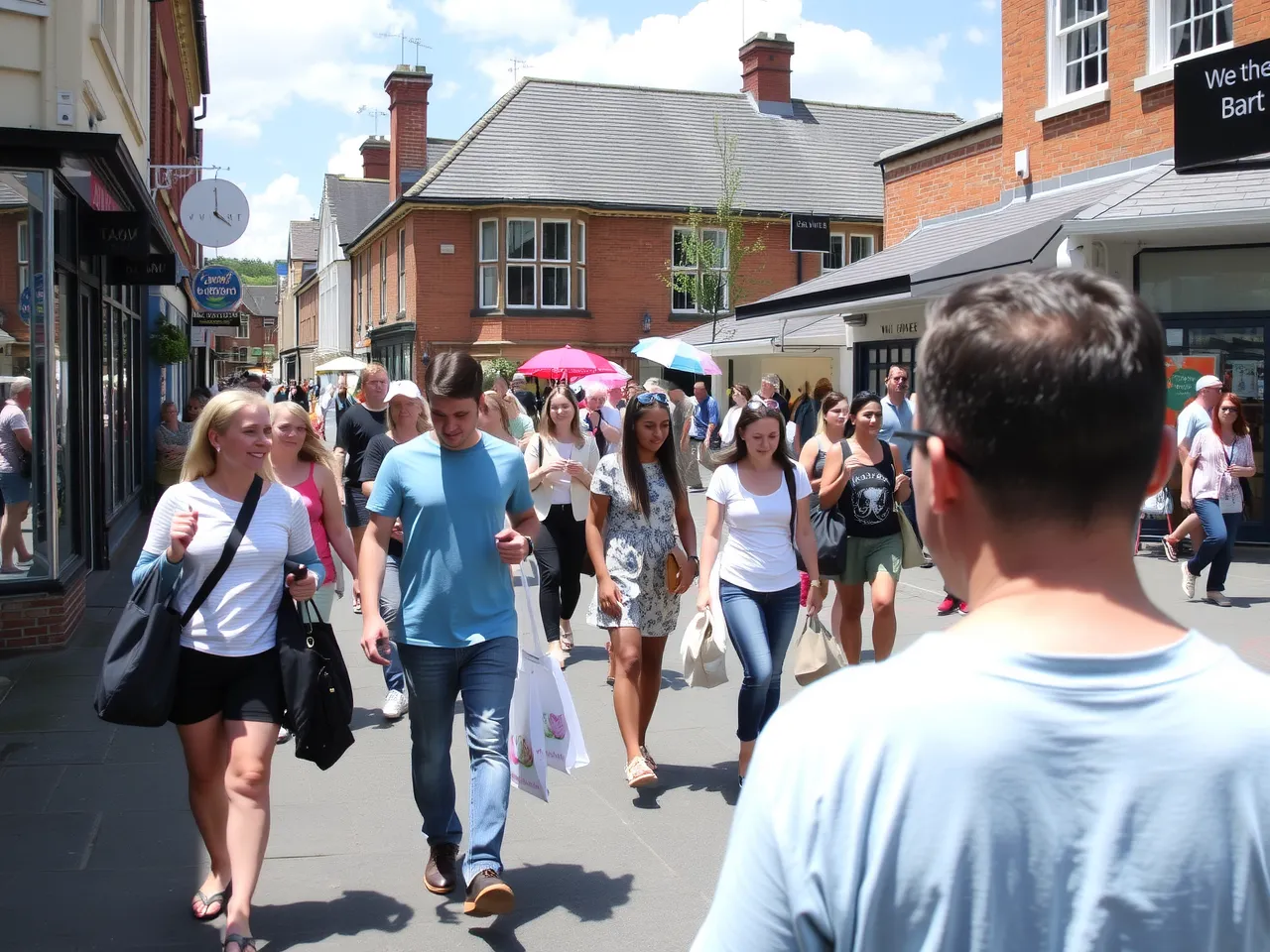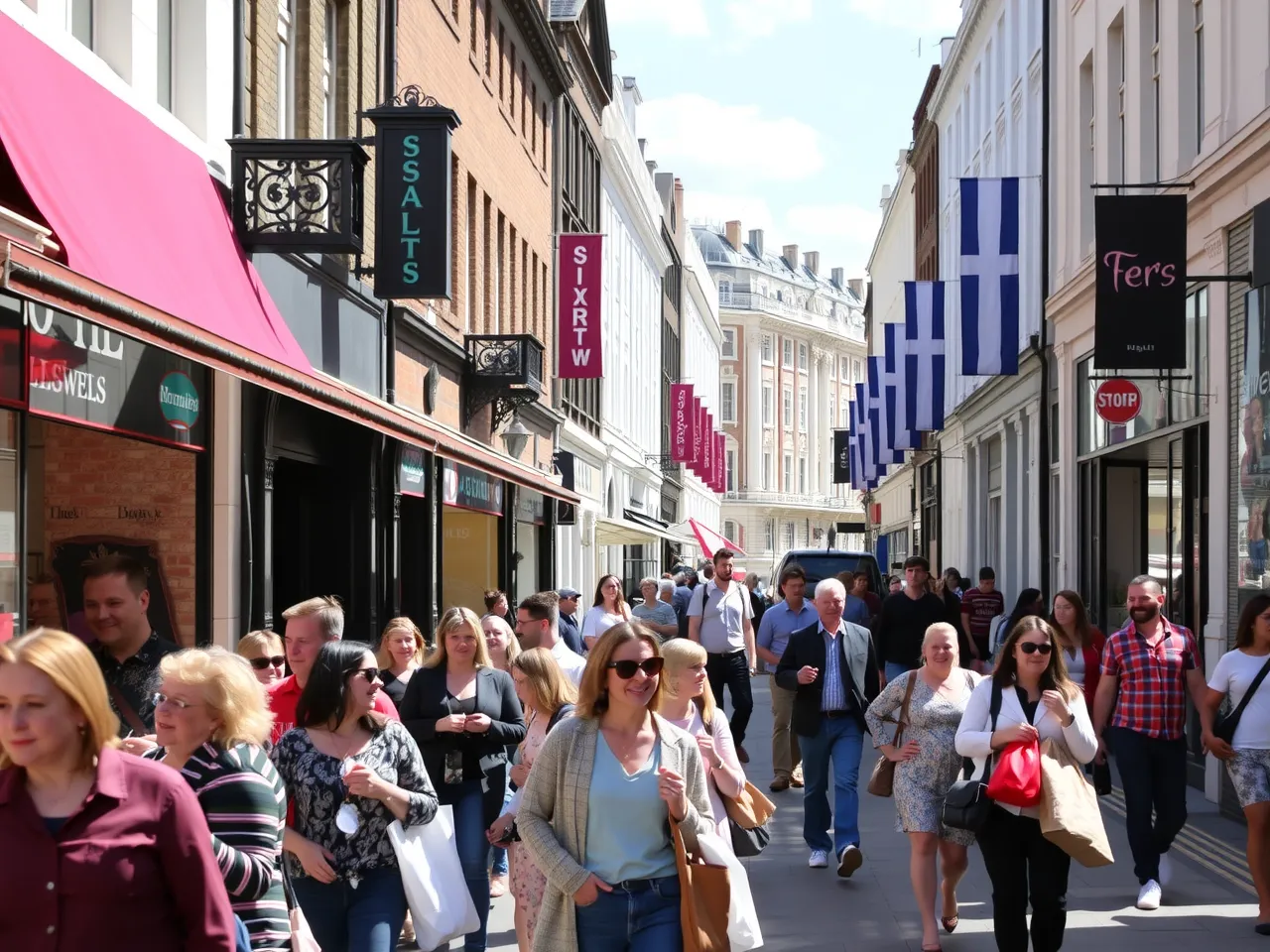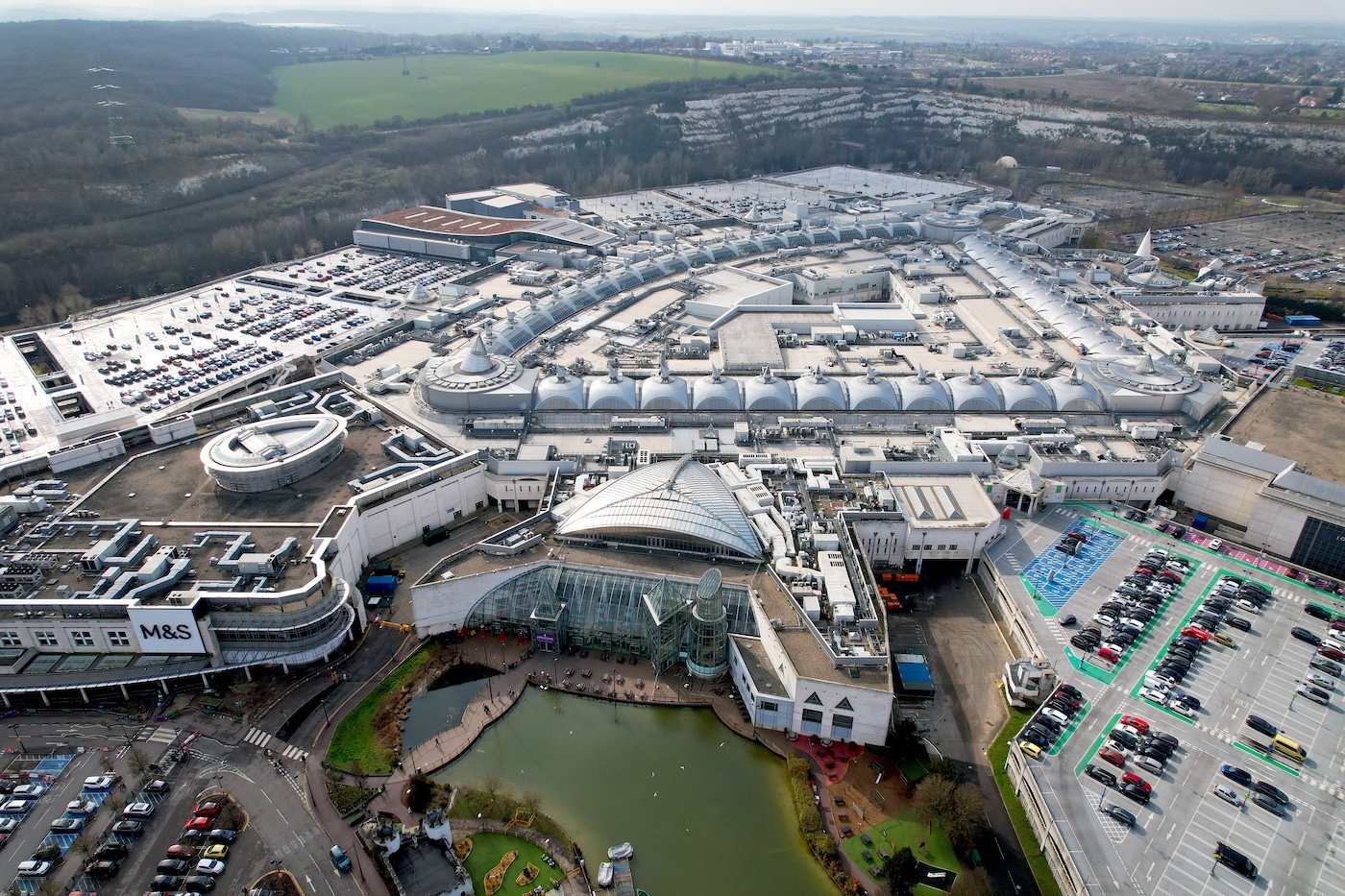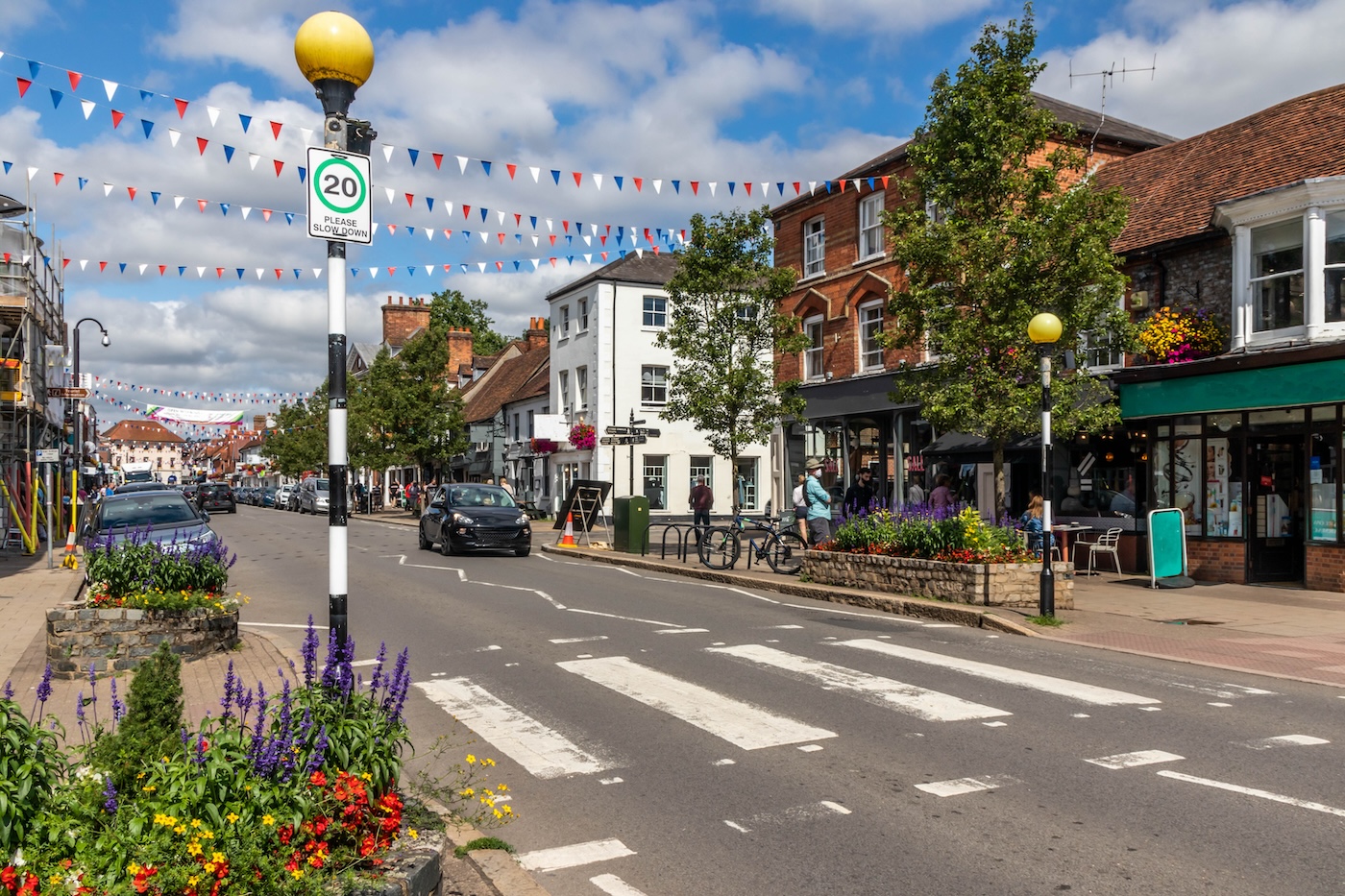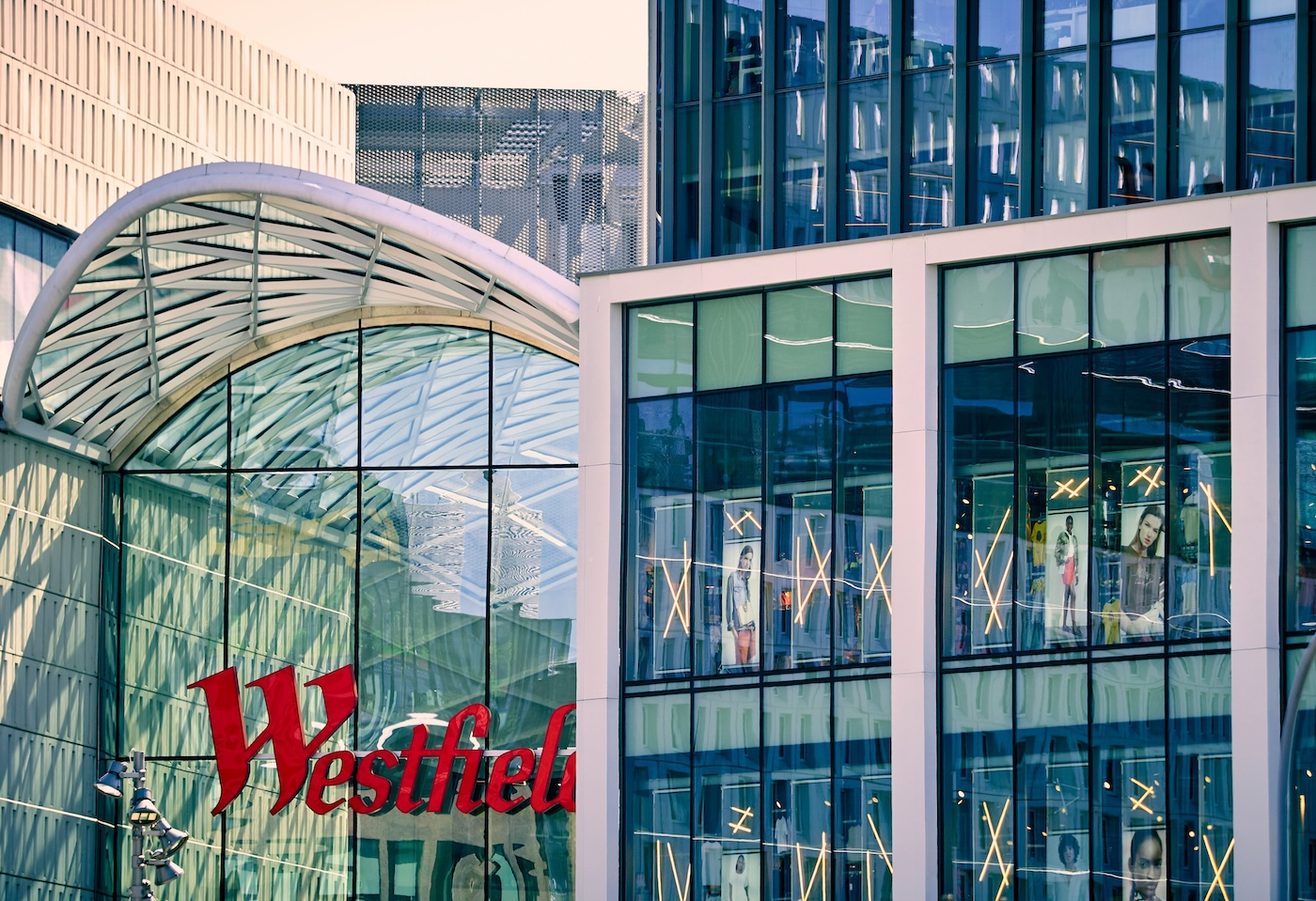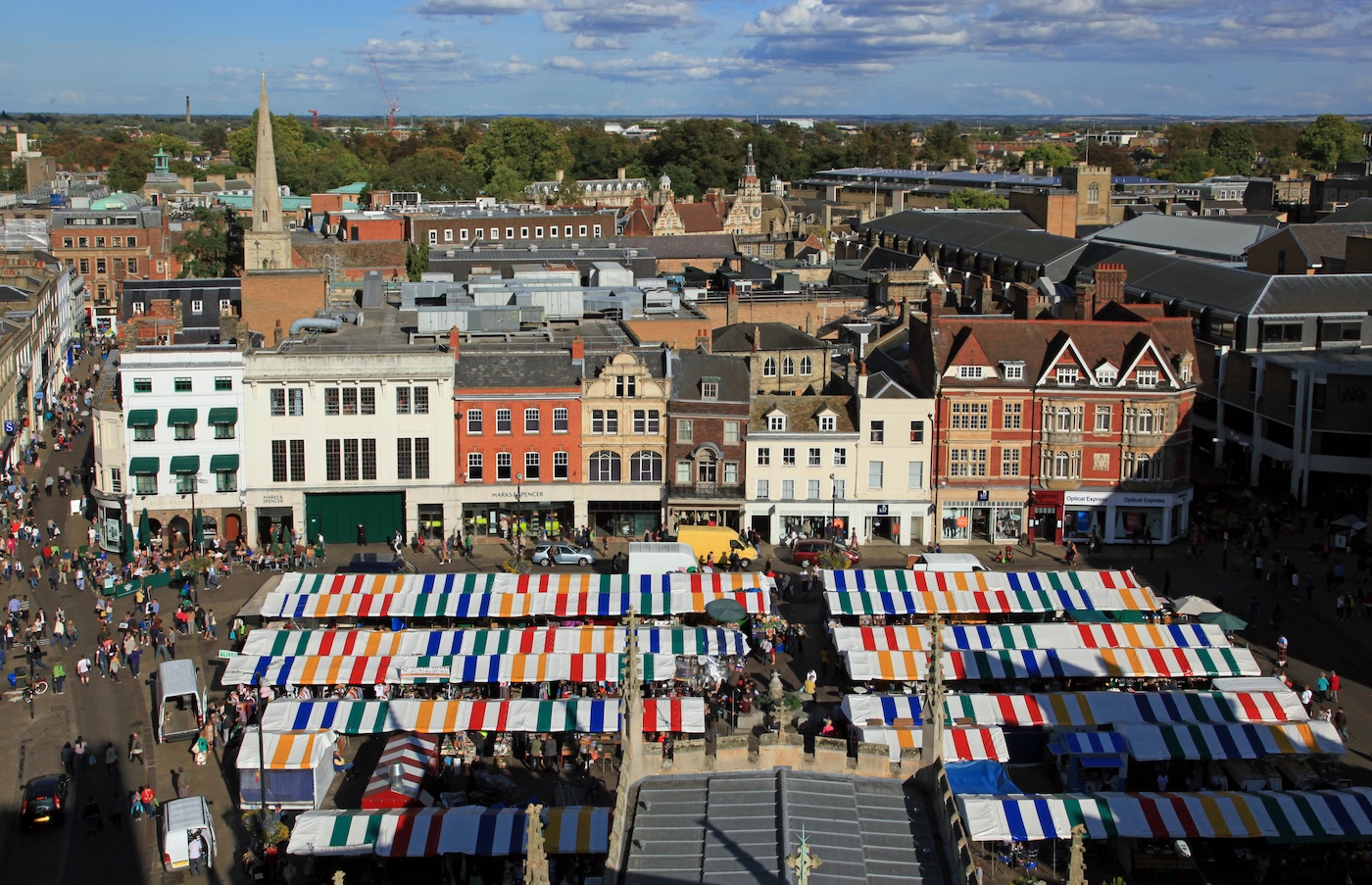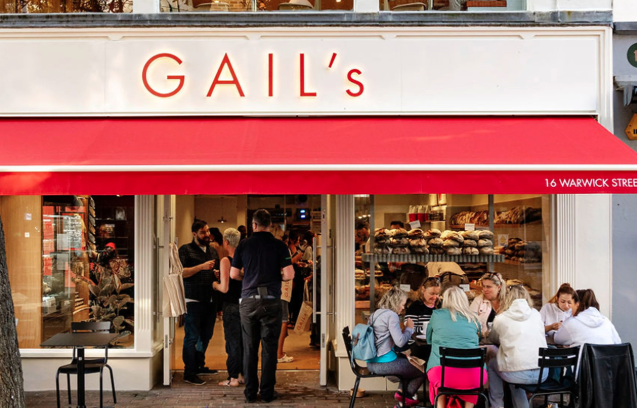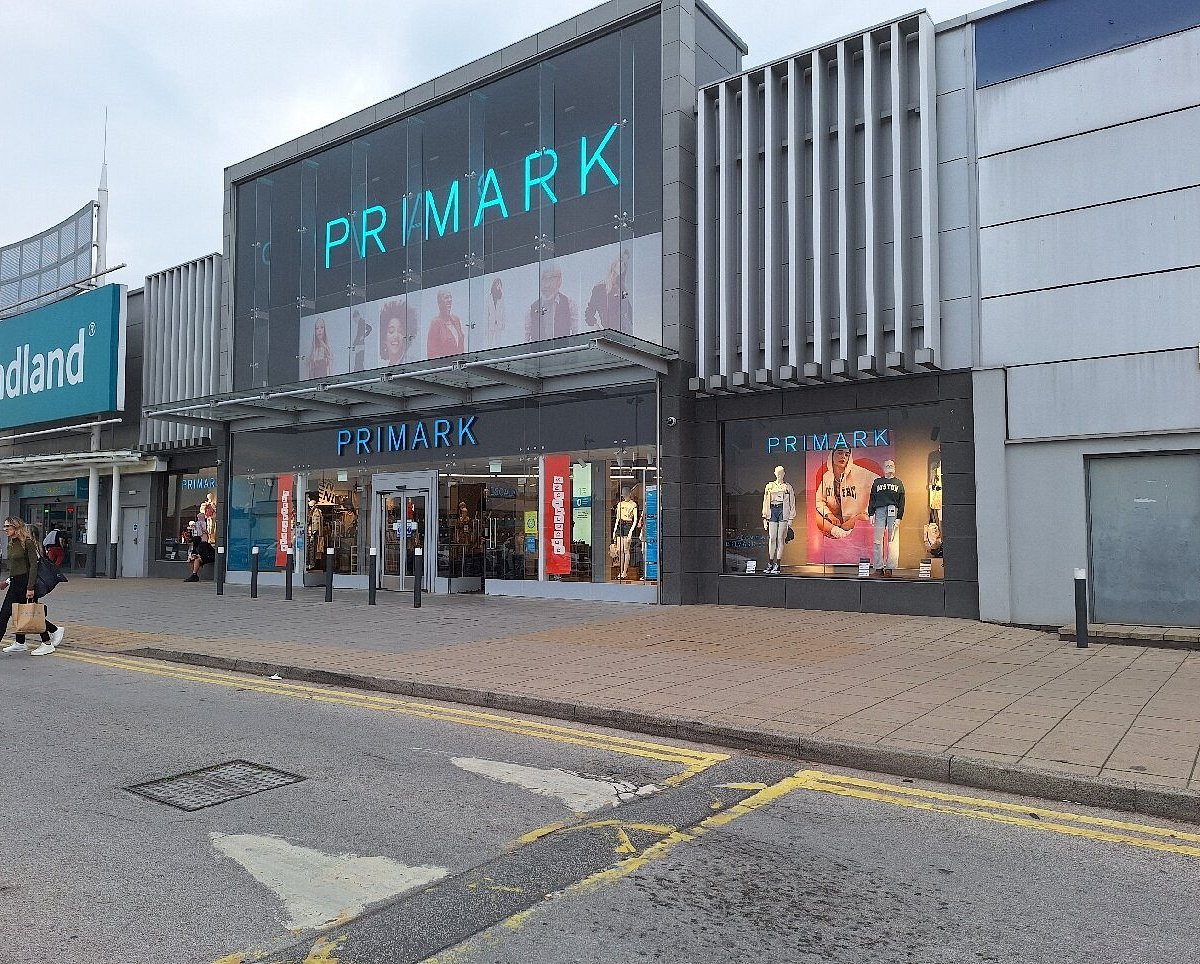The Range’s ambitious plan to open up to 70 new stores in 2025, many in former Homebase locations, is set to significantly impact high street footfall. With the first three revamped locations in Glasgow, Bournemouth, and Birmingham opening on January 17, this expansion represents more than a business growth strategy; it signals a broader revitalisation of retail spaces that have long been dormant or underutilised.
Reviving Retail Spaces
By acquiring and transforming old Homebase sites, The Range is breathing new life into high retail parks that have struggled with store closures in recent years. These large-format stores, rebranded as “The Range Superstores,” promise a unique blend of product variety and home improvement expertise. This dual focus could appeal to a wide demographic, from DIY enthusiasts to families seeking affordable home and garden solutions.
The integration of ‘Garden Centres by Homebase’ and ‘Kitchens by Homebase’ within selected stores further enhances their appeal. These additions create a more comprehensive shopping experience, encouraging customers to spend more time in-store and, by extension, on the high street. For neighbouring businesses, this means increased footfall and potential spillover traffic, which could contribute to a broader economic uplift.
High Street Footfall: A Critical Metric
High street footfall is often seen as a barometer of economic health for towns and cities. The decline of traditional retail giants has left many high streets with reduced visitor numbers, negatively impacting local economies and community vibrancy. The Range’s expansion presents an opportunity to reverse this trend.
Retail analysts suggest that the presence of an anchor store, such as The Range, can significantly increase overall foot traffic. As shoppers visit these new stores, they are likely to engage with other nearby businesses, including cafes, independent retailers and service providers. This interconnected dynamic underscores the importance of strategic retail placement in revitalising high street economies.
Job Creation and Community Impact
The Range’s expansion is not just about filling empty retail spaces; it’s also a major employment initiative. By securing up to 1,600 jobs, this move provides a much-needed boost to local labour markets. These jobs will range from entry-level positions to managerial roles, offering diverse opportunities for communities affected by previous retail closures.
Employment brings more than just economic benefits; it fosters community engagement and loyalty. Employees often become ambassadors for their workplaces, attracting friends and family to visit and shop. This ripple effect can enhance the social fabric of the areas where The Range establishes its new stores.
The Evolution of Consumer Experience
Modern consumers expect more than just products; they seek experiences. The Range’s new-format stores aim to deliver this by blending retail with lifestyle solutions. By incorporating bespoke kitchen services and expansive garden centres, these stores go beyond transactional retail to offer inspiration and tailored solutions for customers’ homes.
This approach aligns with trends seen in successful retail transformations, where emphasis on experience and personalisation drives customer loyalty. It also positions The Range as a destination retailer, encouraging repeat visits and deeper customer engagement.
Challenges and Considerations
While the expansion brings many potential benefits, there are challenges to consider. For one, the success of these stores depends on their ability to attract consistent footfall amid ongoing competition from e-commerce giants. An effective omnichannel strategy that integrates online and offline experiences can help drive in-store traffic and ensure long-term viability.
Additionally, The Range must also account for regional differences. Consumer preferences vary widely across the UK, and the product mix, store layout and marketing efforts will need to reflect local needs to maximise impact.
Looking Ahead
The brand’s bold expansion is a bright spot for the UK retail sector, which has faced numerous challenges in recent years. By occupying former Homebase sites, the company is not only expanding its footprint but also addressing a pressing need for high street rejuvenation.
For local governments and economic development managers, the brand’s growth offers a case study in how retail investment can revitalise communities. The influx of jobs, the draw of a flagship retailer, and the potential for increased footfall all contribute to a more vibrant high street ecosystem.
As the first stores open their doors in January, the true impact of the brand’s expansion will begin to unfold. If successful, this initiative could serve as a blueprint for other retailers looking to adapt to a changing landscape while supporting the resurgence of high streets across the UK.

